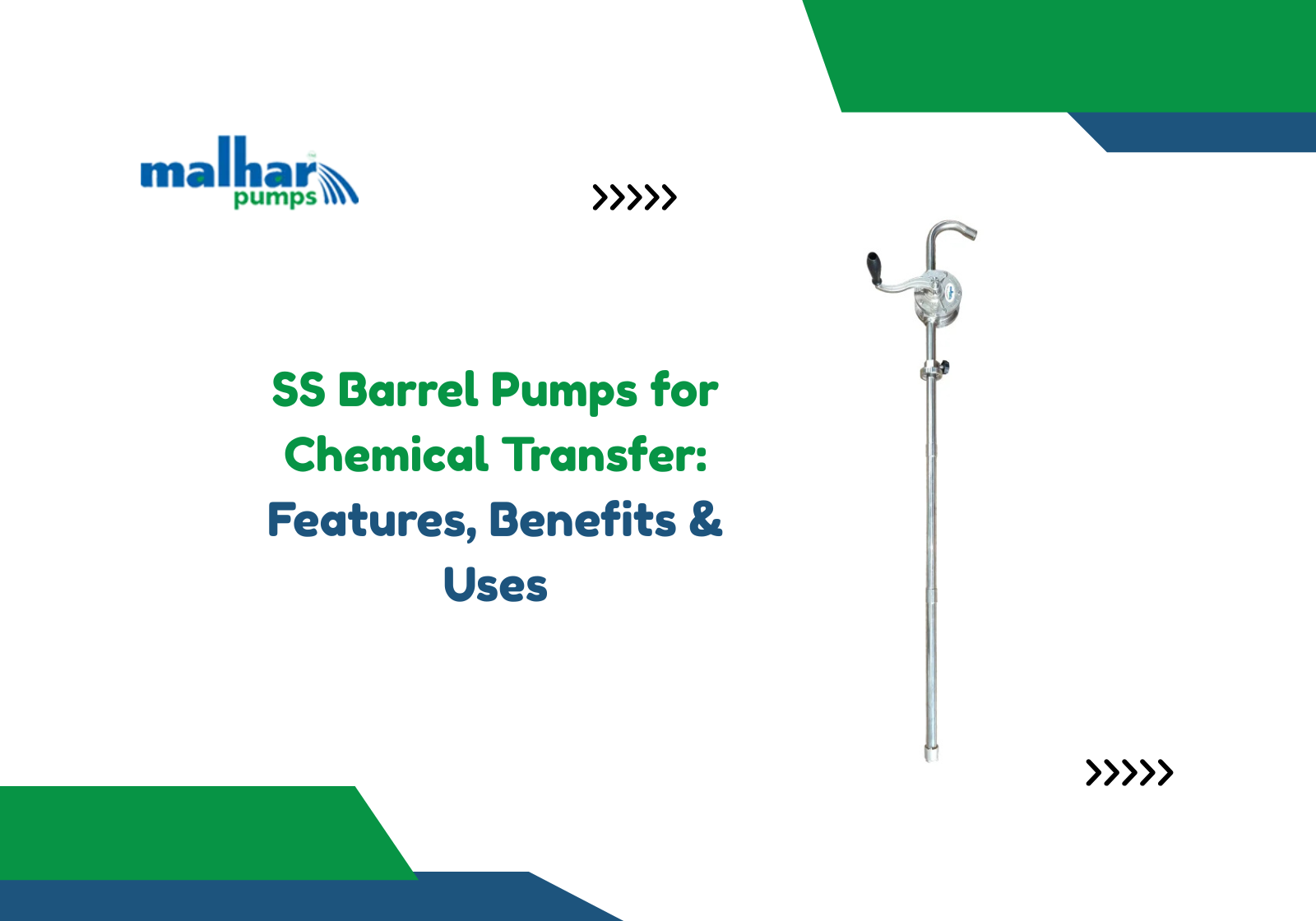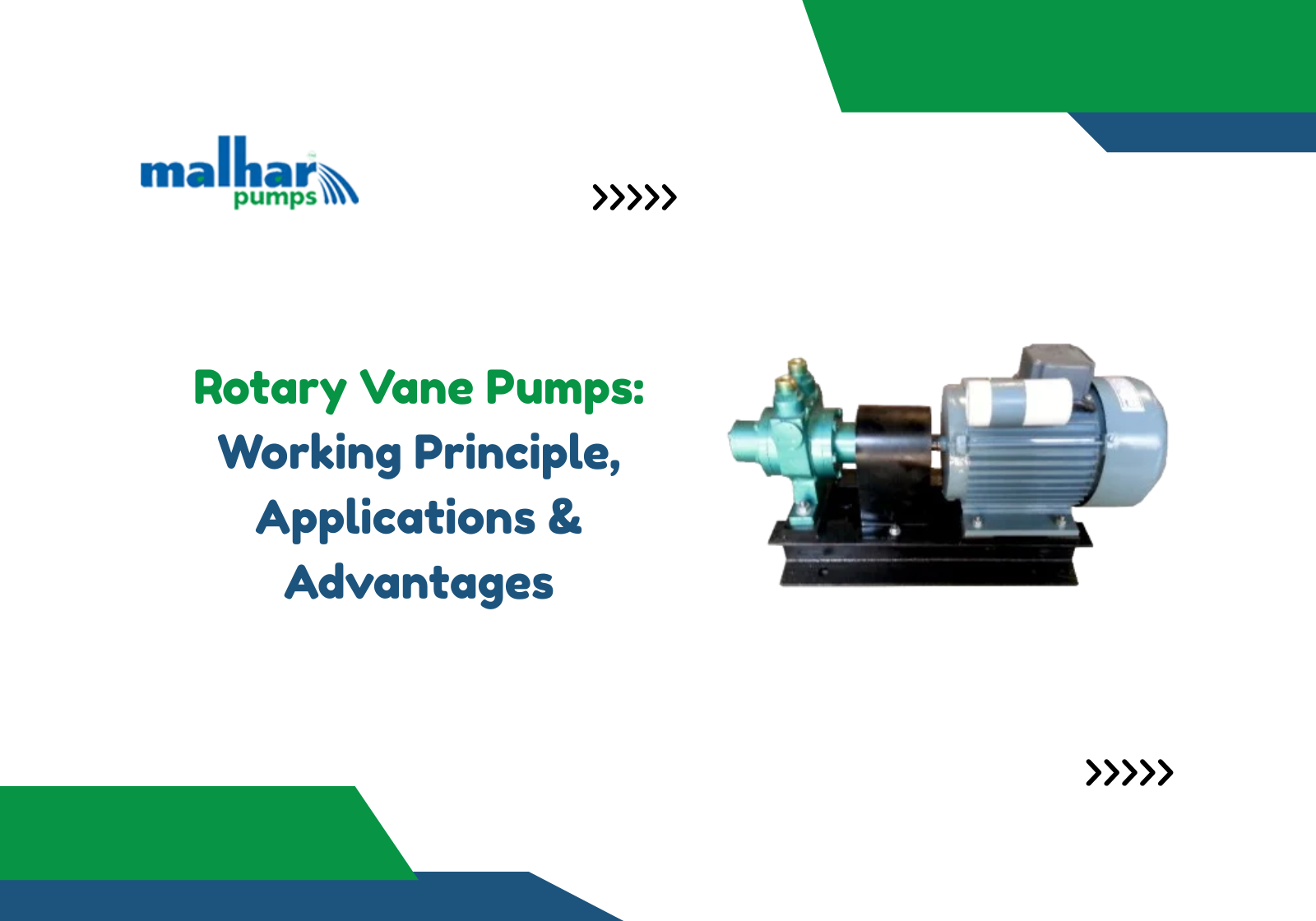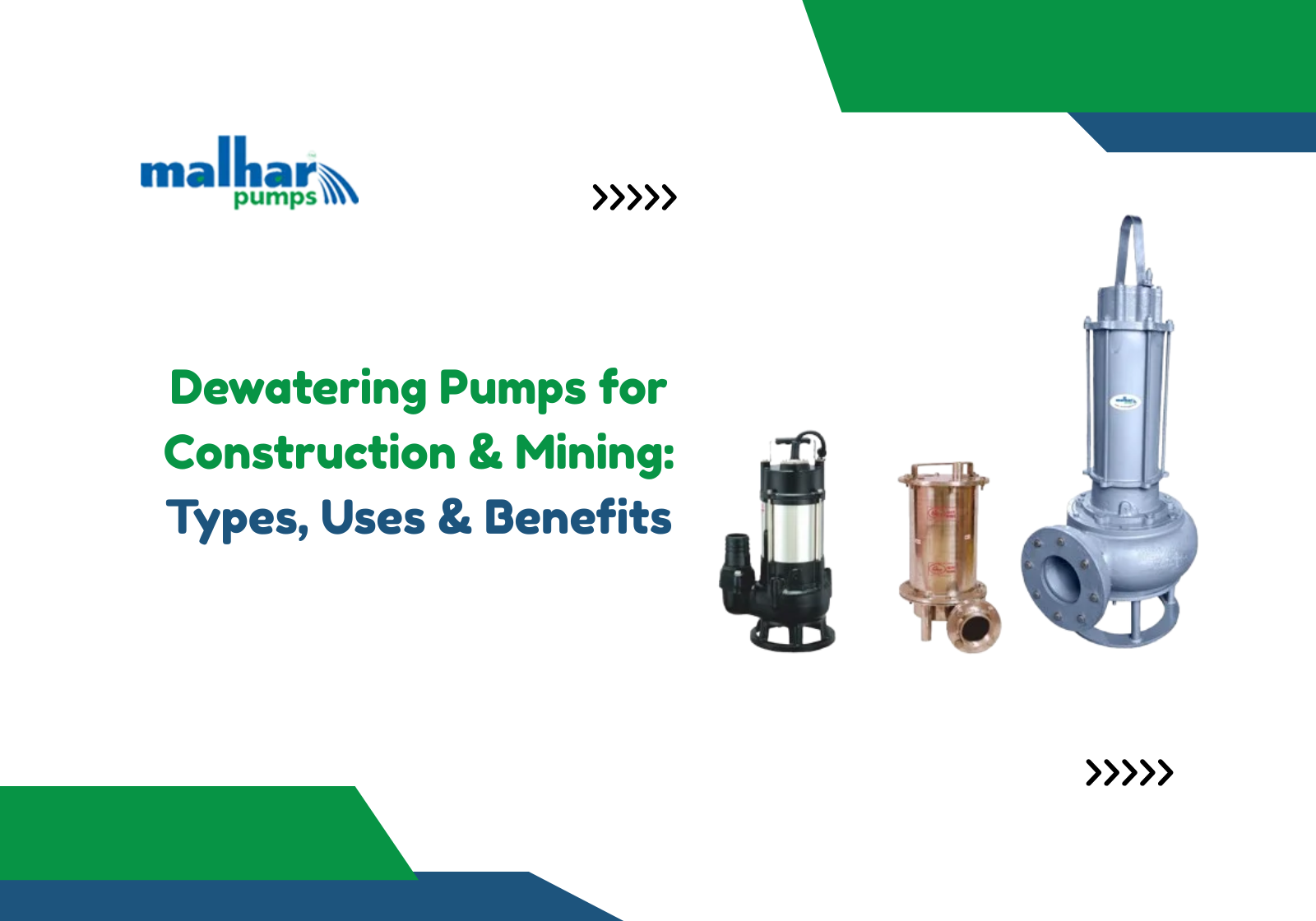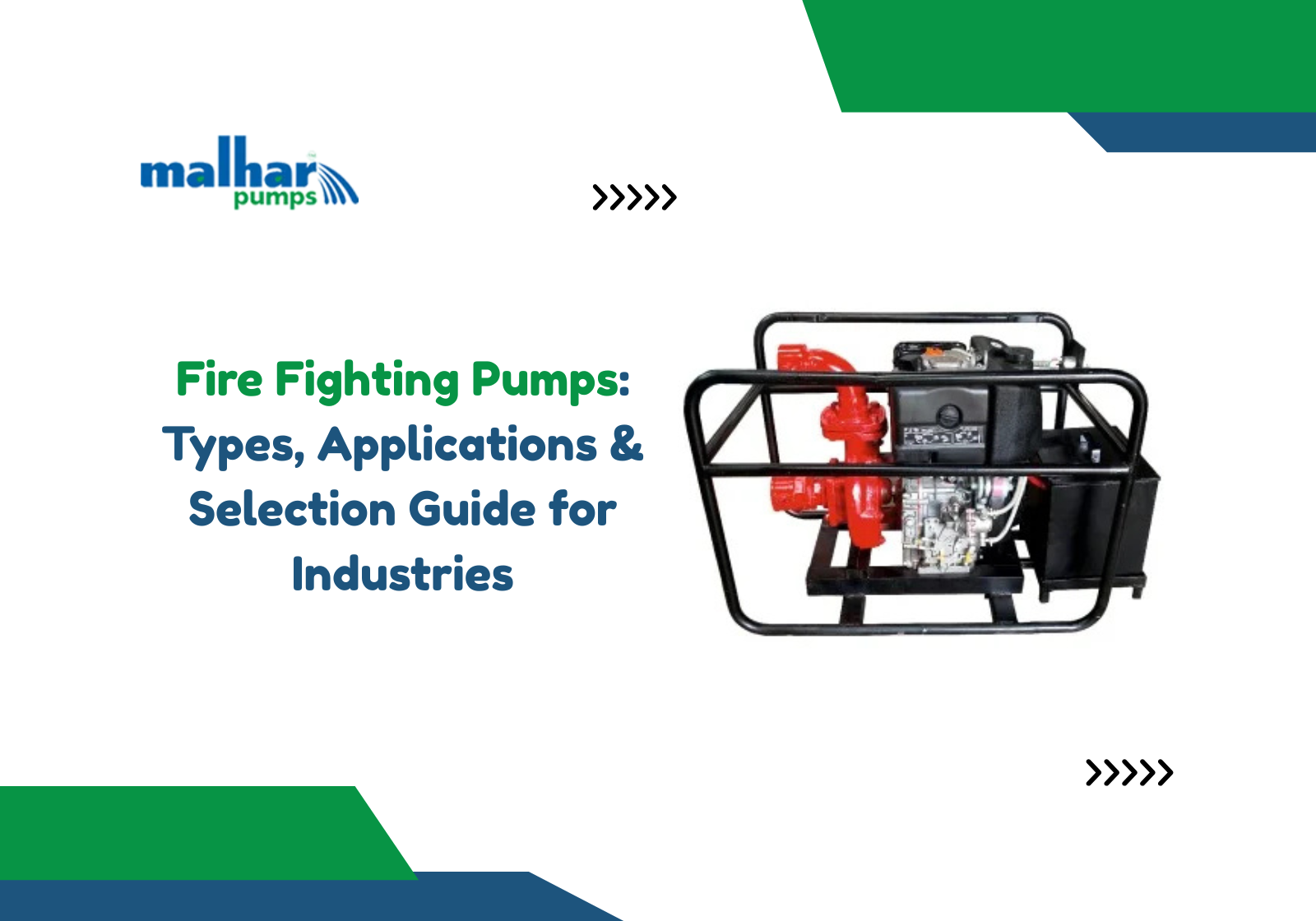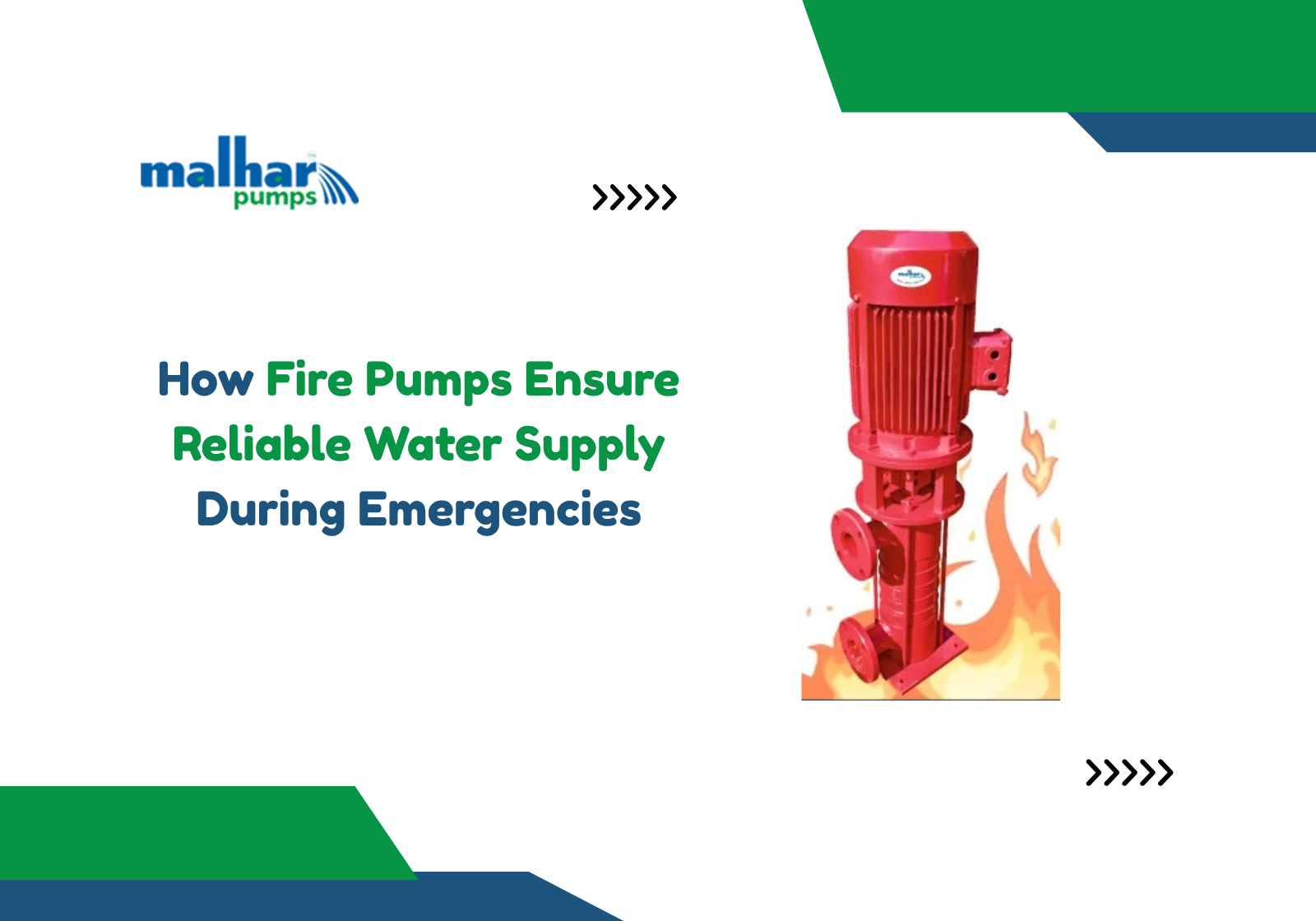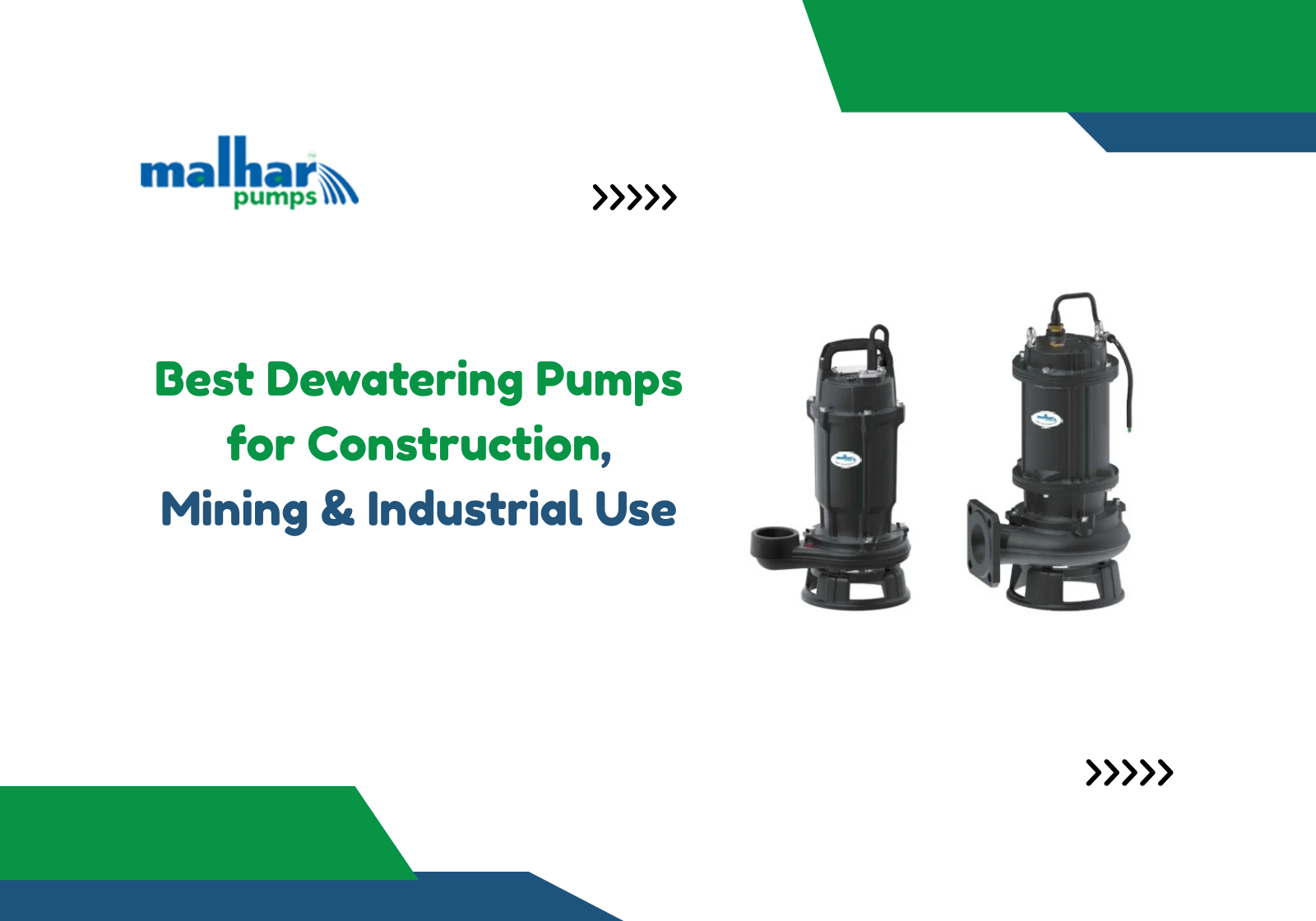You know, Barrel Pumps are everywhere. Honestly, they’re like the quiet heroes in factories, workshops, and chemical plants. They move liquids-oils, chemicals, water-without complaining. To be frank, a lot of people don’t realize how much they rely on Barrel pumps. Let’s have a little talk about pumps. The greatest and most expensive pump will stop working if neglected in maintenance. I know that just a few minutes of maintenance work can spare you days of frustration.
Jokes apart, maintenance isn’t just fixing problems-it’s preventing them. A well-maintained pump is like a good friend who will back you up. It will quietly work away in the background when needed. You know the kind I mean.
Why Maintenance Matters of Barrel Pumps
Honestly, many people ignore maintenance until something goes wrong. And come on, that’s the worst approach. Proper care ensures:
- Longer pump life
- Smooth, efficient operation
- Less downtime
- Lower repair and replacement costs
You know, it’s like skipping a doctor check-up. “Ah, I’m fine,” you think, and then bam! Something major happens. Barrel Pumps are exactly like that. A little attention now prevents big headaches later.
Practical Maintenance Tips
Here are some easy tips to keep your Barrel Pumps working like a charm. Trust me, these are simple but effective.
1. Clean Them Regularly
Let’s be honest, cleaning is step one.
- Wipe the pump after each use
- Remove sticky liquids or leftover residues
- Use mild detergent if needed
I mean, come on, leftover liquids can corrode the pump or clog it over time. Cleaning prevents damage and keeps things smooth. Nobody wants a rusty pump that refuses to start on Monday morning, right?
2. Watch for Leaks
To be frank, leaks happen more than you think.
- Check seals and gaskets regularly
- Tighten any loose fittings
- Replace damaged parts immediately
Ignoring leaks? Big mistake. They may raise motor damage, chemical spilling, or even accidents. So-a tiny drip today is a huge headache tomorrow. A tiny drip scares production away if not attended!
3. Lubricate Moving Parts
Believe me, lubrication is a lifesaver.
- Apply recommended lubricant to moving parts
- Don’t overdo it
- Follow the manufacturer’s instructions
Proper lubrication reduces friction and wear. Honestly, who likes squeaky pumps? Watching a pump work quietly without strain is oddly satisfying. And yes, it also extends its life. I mean, come on, you wouldn’t want to force your pump to work dry, right?
4. Proper Storage
Be kind, storing pumps correctly is more important than most people think.
- Keep in a dry, clean place
- Avoid direct sunlight
- Drain liquids before storing
Jokes apart, poor storage can lead to rust, cracks, or motor problems. A simple storage routine saves a lot of money later. Think of it like giving your pump a little vacation it comes back ready to work.
5. Inspect Often
Actually, inspections are your best friend.
- Listen for unusual noises
- Check hoses and fittings
- Schedule occasional professional check-ups
To be frank, noticing small issues early prevents major failures. Ten minutes inspecting is better than hours fixing a broken pump. It’s like noticing a small crack in your windshield before a storm hits.
6. Follow Manufacturer Instructions
Believe me, manuals aren’t boring-they’re lifesavers.
- Always read instructions
- Use recommended liquids and pressures
- Follow operational guidelines
Honestly, ignoring instructions is a fast way to ruin your pump. Come on, nobody likes expensive surprises.
7. Keep Maintenance Records
Let’s be honest, keeping a log helps more than you think:
- Record cleaning schedules
- Note replacements and repairs
- Track pump performance
Even a small notebook or spreadsheet can save huge headaches later. Humans forget stuff-records prevent repeating mistakes.
8. Train Your Team
Jokes apart, even a well-maintained pump can fail if mishandled.
- Train operators properly
- Share maintenance routines
- Encourage reporting small issues immediately
Believe me, a trained team is like an extra layer of protection. Prevents mistakes and extends the pump’s life without extra cost.
9. Use the Pump Properly
Honestly, how you use the pump matters.
- Avoid running it dry
- Don’t over-pressurize
- Don’t transfer inappropriate liquids
Come on, even the best pump can’t survive abuse. Treat it well, and it treats you well.
10. Watch Its Performance
Actually, just observing your pump helps a lot:
- Note strange sounds or vibrations
- Check flow consistency
- Look for leaks or drips
Small changes often indicate bigger problems. Catching them early saves you from big headaches.
Conclusion
To be frank, maintaining your Barrel Pumps is simple but crucial. Cleaning, checking for leaks, lubricating, good storage, inspection, following instructions, and keeping records are all essential steps recommended by Malhar Pump. Training the team, proper use, and watching performance might like too many. However, all of these, if done faithfully, make a big difference.
Well, in all seriousness, well-maintained pumps cost less to run, prevent accidents, and maximize operation time. Next time you use a barrel pump, don’t just operate it-care for it. Believe me, your pump will work efficiently for many years.
FAQs
Q1. How often should Barrel Pumps be cleaned?
To be frank, after every use is best. Keeps it safe and working.
Q2. Can I use any lubricant?
Be kind, only what’s recommended. Random oils can damage the pump.
Q3. What if I see a leak?
Let’s be honest, fix it immediately. Tighten or replace before it worsens.
Q4. How long do Barrel Pumps last?
Believe me, with care, 5–10 years or more.
Q5. Is proper storage necessary?
Actually, yes! Dry, clean, drained storage prevents rust and damage.
Stay connected with us on LinkedIn for all things Barrel Pumps!


